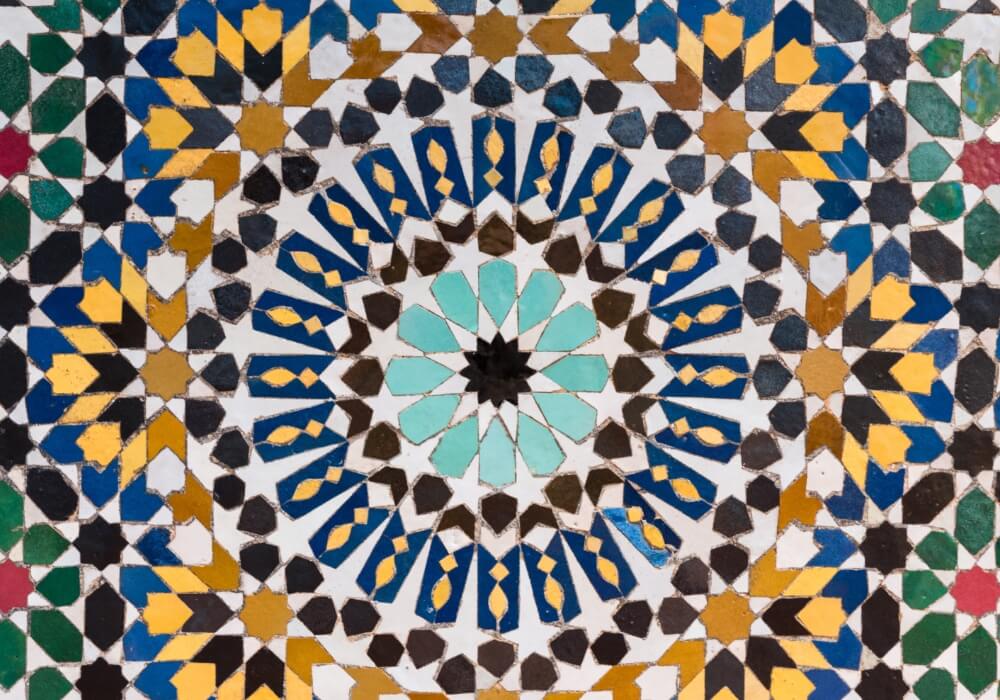What the growth of Islamic fintech means for development finance.

Sharia-compliant Islamic fintech is set to boom, reaching nearly five trillion USD by 2025. Unleashing synergistic infrastructures that mesh Sharia-compliant financial services with development finance will prove a key element for maximal access to development success going forward.
What’s at Issue
Islamic fintech refers to financial technologies that support Sharia-compliant banking and investment. This means that investments cannot profit off debt, or include investments in things like alcohol, gambling, tobacco, or pornography. As a sector, Sharia-compliant banking is now integrating and developing new financial technologies that enhance usability, efficiency and reach.
Development has benefited from funds distributed by the governments of Islamic Countries for decades, but the opening of financial services and crowdfunding tools that specifically align with Islamic values is new. Muslims represent nearly a quarter of the world’s population and are the fastest growing religious cohort, so the rise of Islamic fintech has repercussions for global financial trends.
The Macro View
Sharia-compliant banking financial services have been available for just over 50 years, but the recent coupling of these services with new fintech, and the addition of new specific Sharia-compliant fintech, could create a breakout moment for a sector that’s been relegated to Islamic majority countries. Simply put, Islamic fintech just wasn’t an easily available option outside the Gulf Countries and Malaysia.
New fintech innovations are changing that.
The new tech’s market surge coincides with a call for blended and innovative finance mechanisms from development experts. This coincidence bears significance that goes beyond market positivity in a difficult time. The Islamic Corporation for Insurance of Investment and Export Credit explains, “Islamic finance is an interest-free system that is responsible, ethical, sustainable and shock-preserving, thus positioning it well to be part of the COVID-19 response.”

The Stakes
The COVID-19 pandemic struck a sharp and decisive blow to the engine that drives development. While developed countries rechanneled funds towards pandemic mediation, developing countries struggled to service foreign currency-denominated debts. The World Bank predicts that over 119 million people worldwide will be driven back into extreme poverty and that up to 270 million may suffer from acute food shortages.
In these dire times, development finance needs all the help it can get. Support from new groups only now entering the global financial market could provide a much-needed boost.
State of Play
Global pandemic recovery and the return of development finance to pre-pandemic levels requires new actors to step in and fill gaps left by governments. Islamic fintechs are deploying a range of halal platforms for users outside Islamic majority countries. Companies in the sector are implementing new technologies like AI and blockchain, further increasing efficiency and driving adoption. Sukuks (Sharia-compliant bonds) are starting to become an option for non-Muslims interested in the ethical implications of their investments.
Development investment options for private individuals and organizations have yet to be fully integrated into Islamic fin-tech. Accessible technologies that ensure Sharia compliance and show measurable and targeted impact have yet to emerge.
The Look Ahead
Islamic fintech is on a clear upward trajectory.
The future of development finance should position itself to benefit from the integration of these new products into the wider developmental finance infrastructure. Private investors should have the option to provide impactful development funding within their preferred financial system. While regulators are loathe to react quickly, markets do and have spoken with growing calls to increase Islamic financial models and Islamic fintech as part of an upsurge from ESG investors and activists alike.

